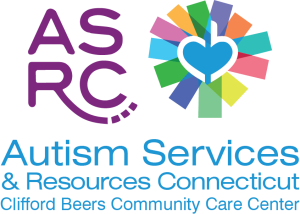What is Asperger’s Syndrome?
A diagnosis of Asperger’s Syndrome is usually given to a person who has an intact or even high IQ and an absence of language delay. Children with Asperger’s may appear to be only mildly affected and frequently have good language and cognitive skills. To someone with little experience, a child or person with Asperger’s Syndrome may seem like a “normal” individual behaving oddly. People with AS have significant difficulty in social interactions, may understand language literally, have difficulty with conventional social rules and behavior and appear to lack empathy.
One of the major differences between Asperger’s Syndrome and Autism is that, by definition, there is no speech delay in Asperger’s. In fact, children with Asperger’s frequently have good language skills; they simply use language in different ways. Speech patterns may be unusual, lack inflection, have a rhythmic nature, be formal, too loud or high pitched. Children with Asperger’s may not understand the subtleties of language, such as irony and humor, or they may not recognize the give-and-take nature of a conversation.
Another distinction between Asperger’s Syndrome and autism concerns cognitive ability. While some individuals with autism experience mental retardation, by definition a person with Asperger’s cannot possess a “clinically significant” cognitive delay, and most possess average to above-average intelligence.
